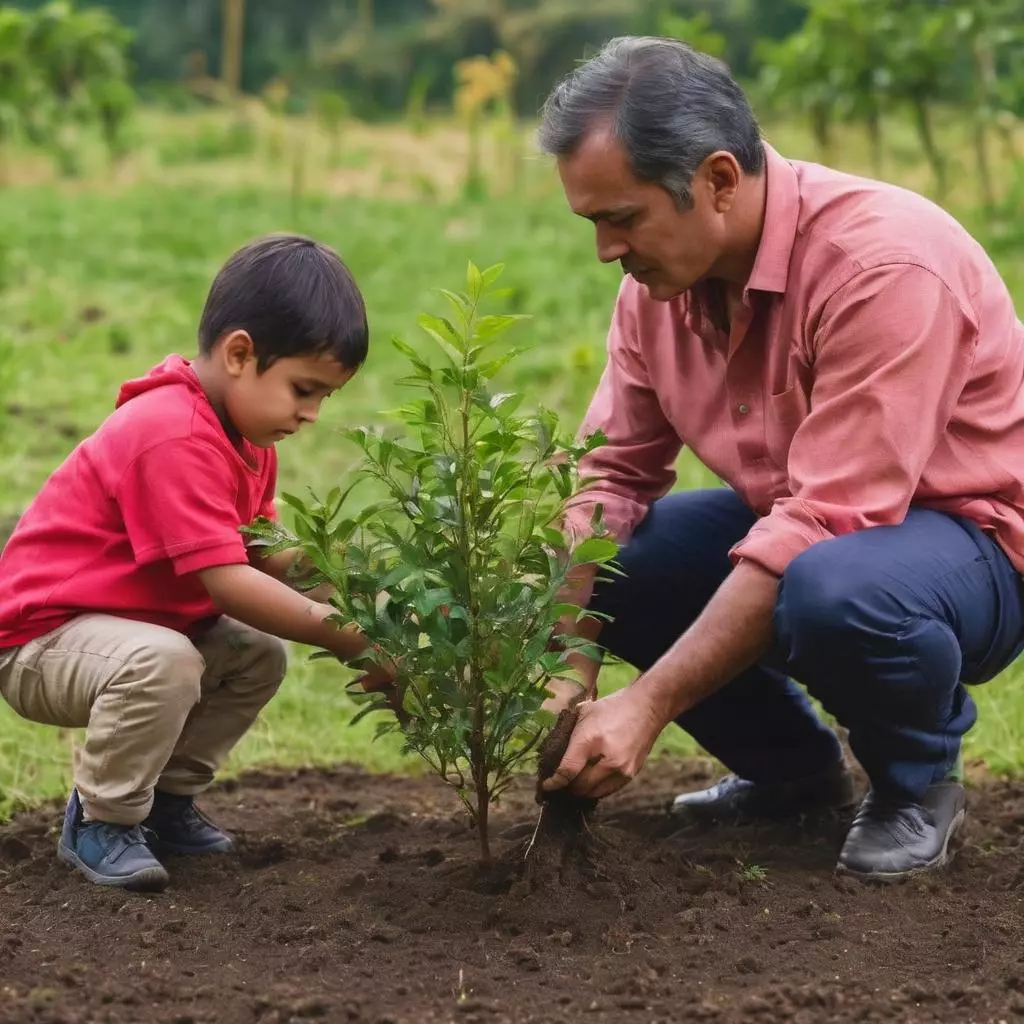Homeschooling provides a unique opportunity to go beyond academic learning and equip children with essential life skills. Let`s explore ways to seamlessly integrate practical life skills into homeschooling, ensuring a well-rounded education that prepares children for real-world scenarios.
Recognizing the Importance of Life Skills
Beyond just academics, it’s the everyday life skills that really set the stage for success in the real world. Whether it’s effective communication, problem-solving, or understanding the basics of money, these skills play a vital role in shaping a child’s overall growth and development. These are the skills that unfortunately are not taught at school.
Strategies to Integrate Life Skills into Homeschooling:
- Cooking and Nutrition:
- Incorporate cooking lessons into your homeschooling routine. This not only teaches children essential culinary skills but also imparts knowledge about nutrition, meal planning, and kitchen safety.
- Financial Literacy:
- Introduce basic financial concepts into your curriculum. Teach children about budgeting, saving, and understanding the value of money. Practical activities like setting up a simple allowance system can provide hands-on experience.
- Time Management:
- Foster time management skills by creating a daily schedule. Involve your child in planning their day, setting goals, and prioritizing tasks. This practice instills a sense of responsibility and organization.
- Effective Communication:
- Devote time to enhancing communication skills. Engage in activities like public speaking, debates, or even regular family discussions to help children articulate their thoughts and ideas effectively.
- Problem-Solving and Critical Thinking:
- Integrate problem-solving exercises into your homeschooling activities. Encourage children to tackle real-life challenges, fostering critical thinking skills and the ability to navigate various situations.

- Home Maintenance Skills:
- Teach basic home maintenance skills, such as sewing, basic repairs, and organization. Involving children in maintaining their living environment instills a sense of responsibility and independence.
- Health and Wellness:
- Emphasize the importance of health and wellness. Include activities like exercise routines, mindfulness practices, and discussions about healthy habits to promote physical and mental well-being.
- Social Skills and Etiquette:
- Dedicate time to social skills development. Teach children about empathy, active listening, and basic etiquette. Role-playing scenarios can be an engaging way to practice these skills.
- Environmental Awareness:
- Instill a sense of environmental responsibility. Incorporate lessons about sustainability, recycling, and conservation, emphasizing the impact of individual actions on the environment.
- Critical Life Skills Workshops:
- Organize occasional workshops focusing specifically on critical life skills. Invite experts or community members to share insights on topics like job interviews, financial planning, or entrepreneurship.

A Holistic Approach to Education
To sum up homeschooling offers the flexibility to embrace a holistic approach to education that extends beyond textbooks. By consciously integrating life skills into your homeschooling curriculum, you provide children with the tools they need to navigate the complexities of the real world. Balancing academic learning with practical life skills ensures a well-rounded education that prepares children not just for exams but for life’s diverse challenges and opportunities, that is in a way even more important. 📚🌍✨



